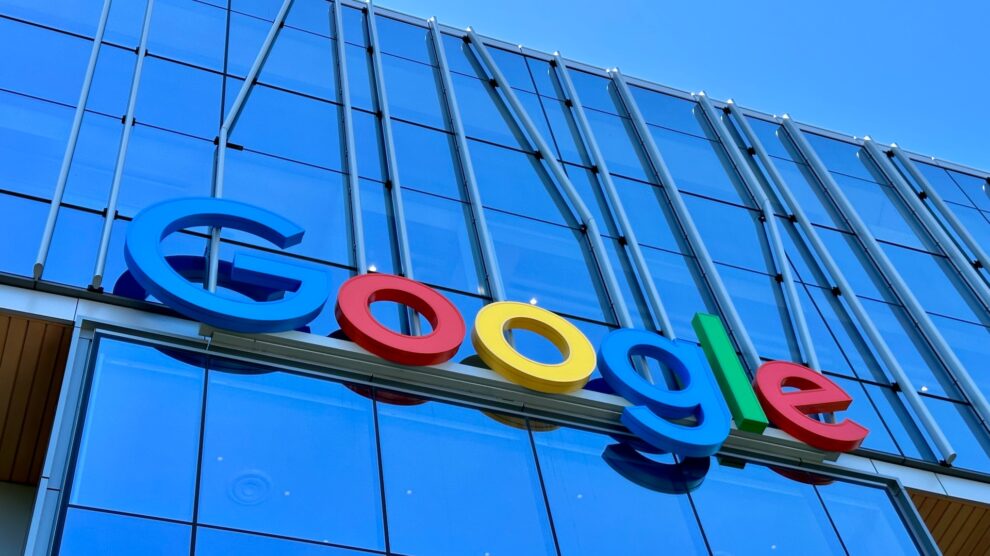Did you know? Alphabet, Google’s parent company, has a market capitalization of $712 billion. Among all the products provided by Google, there are seven with at least one billion users. The company’s privacy policy[1] outlines its broad and far-reaching collection of data. This collection extends to Google’s entire inventory of products. Understandably, the amount of data possessed by Google is humungous, to say the least. According to researchers[2], Google currently holds around 15 exabytes of data which amounts to the capacity of 30 million PCs.
Leaks in data
When it comes to Google privacy, the company performed well with its data security practices in the past. Nevertheless, Google couldn’t maintain perfection. Once, in 2009, a bug in the Google Docs platform leaked almost 0.05% of all the documents stored there.
While this value in terms of percentage may sound small, 0.05% of 1 billion users numbers about 500,000 people. Since Google is too large, it can’t afford to leave room for errors. Fortunately, Google’s security systems are much more foolproof now than it was before.
Tracking systems
As a business owner, you probably use Google Analytics for digital marketing purposes. The internet giant uses this product, along with a few others, to determine a user’s browsing trends. Google links that info to an associated Google account and an IP address to assemble an individual’s entire profile.
Because Google can extract this information, it became an all-powerful entity in the sphere of advertising. Back in 2017[3], Google earned $95.38 billion through ad revenue. This data is extremely useful to marketers who search for customer insights to target people with advertisements.
The matter concerning cookies
Whenever a user searches something on Google, he/she receives a cookie on their computer or mobile device. These cookies send information about which websites a person visited back to Google and includes links with any Gmail account that you login to on your device.
Google’s privacy policy, however, doesn’t disclose whether it deletes or retains your website browsing history from its records. While you can delete these cookies from your computer or mobile device, an update takes place every time you use a service provided by Google.
What to do
Now, there are a few things that you can do to ensure your privacy regarding your internet usage. The search engine does its part through Google privacy settings, but you should do your part as well. The company allows its users to protect their online privacy with the following methods.
1. Recognizing your right to privacy: Whether it’s about Google photos privacy or Google account privacy, you should use the Google Privacy Center[4] to know your rights. It’s a website that contains the privacy policies enforced by the company, as well as the best practices for all its services and products.
If you find it difficult to decipher Google “legalese”, then you will find a library of short videos with tips on how you can protect your data while using Google’s products or services. These videos are easier to follow than its privacy policy declarations.
2. Content protection on services used: Some of the content that Google saves for you include documents, analysis results, and photographs. While Google docs privacy and Google analytics privacy policy protect you against data leaks, the photos uploaded on Picasa Web Albums go public once you upload them.
However, you can protect them by clicking on the appropriate checkbox while uploading photos. Similarly, you can keep Google Chat off the company’s radar by disallowing Google to store instant messaging transcripts. Again, Google Latitude tracks you through GPS-enabled cell phones.
You have the authority to let anyone know about your location. Unless you make this information public, Google Latitude won’t share your location data.
3. Switching off the suggestion feature: Google Chrome comes with the Google Suggest feature that attempts to guess the web address that you type into the search bar. It provides suggestions regarding destinations based on popular websites and the search text provided.
You can turn off this feature to maintain your Google data privacy by un-checking the “Use a suggestion service” box. Another option that you can rely on is “incognito” mode. It ensures that downloads, cookies, and other records don’t enter your computer when you end a session.
4. Turn off internet-based advertisements: Google and all third parties in its AdSense network don’t only rely on contextual information. They go through your web-history of previously viewed web pages to create targeted advertisements and try to serve ads that match your interests.
You can remove your interest categories by visiting the Ad Preferences page, as suggested by popular web development service providers. You can also choose to opt-out. For that purpose, you have to install plug-ins for all your browsers individually.
5. Put the lid on web history: When people create Google accounts, they often forget to turn off the Web History option. If you leave the Web History option active, then it will maintain a customized search history for you to use.
Google doesn’t use this info to deliver targeted advertisements. For that purpose, it uses a separate search history that remains inside Google’s server logs. Even after making that data anonymous after every nine months, your browsing history remains in place, unless you delete the content or turn it off.
Another trick
The last trick to maintain your privacy on Google is to encrypt the emails that you read and create in Gmail. Google encrypts your login data by default using SSL encryption. Then again, it turns off when you interact with your email as it slows down the overall performance of the emailing platform. The option to encrypt your emails is available in Settings under the General tab. Once you scroll to the end of the screen, you will find an option called “Always use https” under the Browser Connection setting. You just have to turn it on.
References:
[1] https://www.google.com/policies/privacy/
[2] https://www.cirrusinsight.com/blog/much-data-google-store
[3] https://www.statista.com/statistics/266249/advertising-revenue-of-google/





